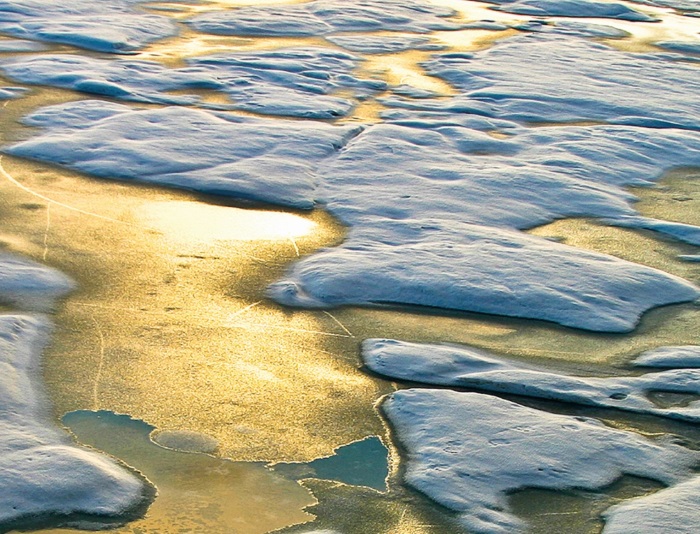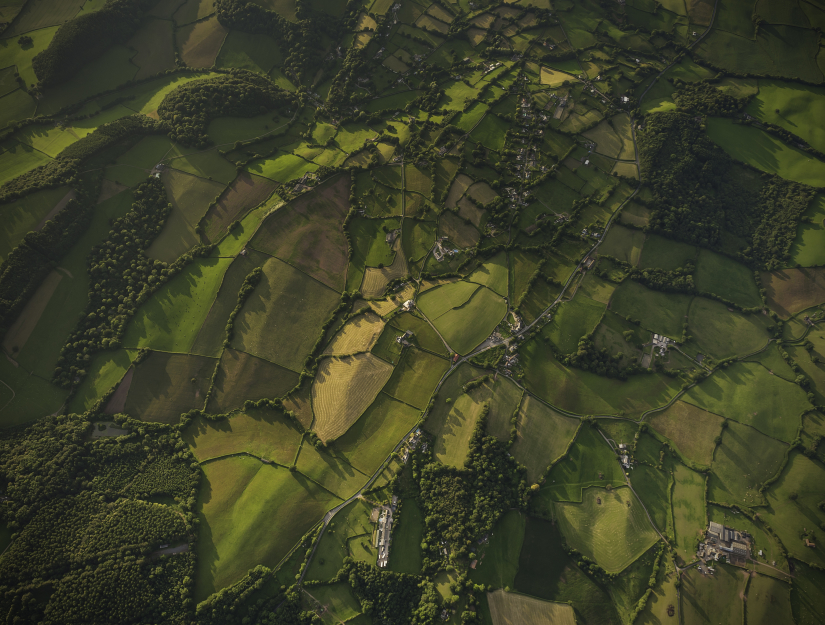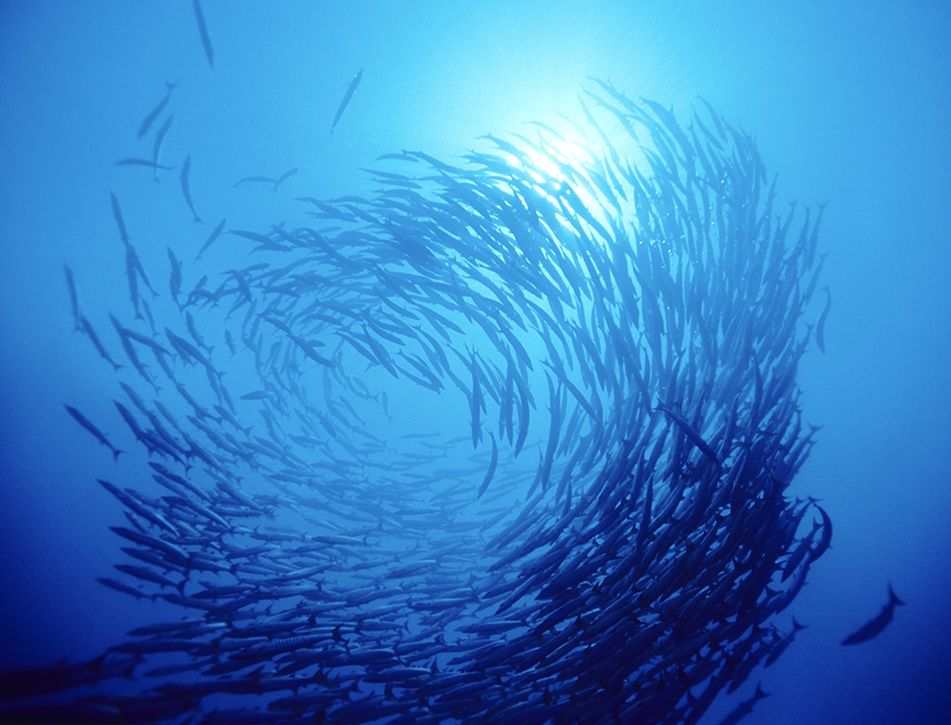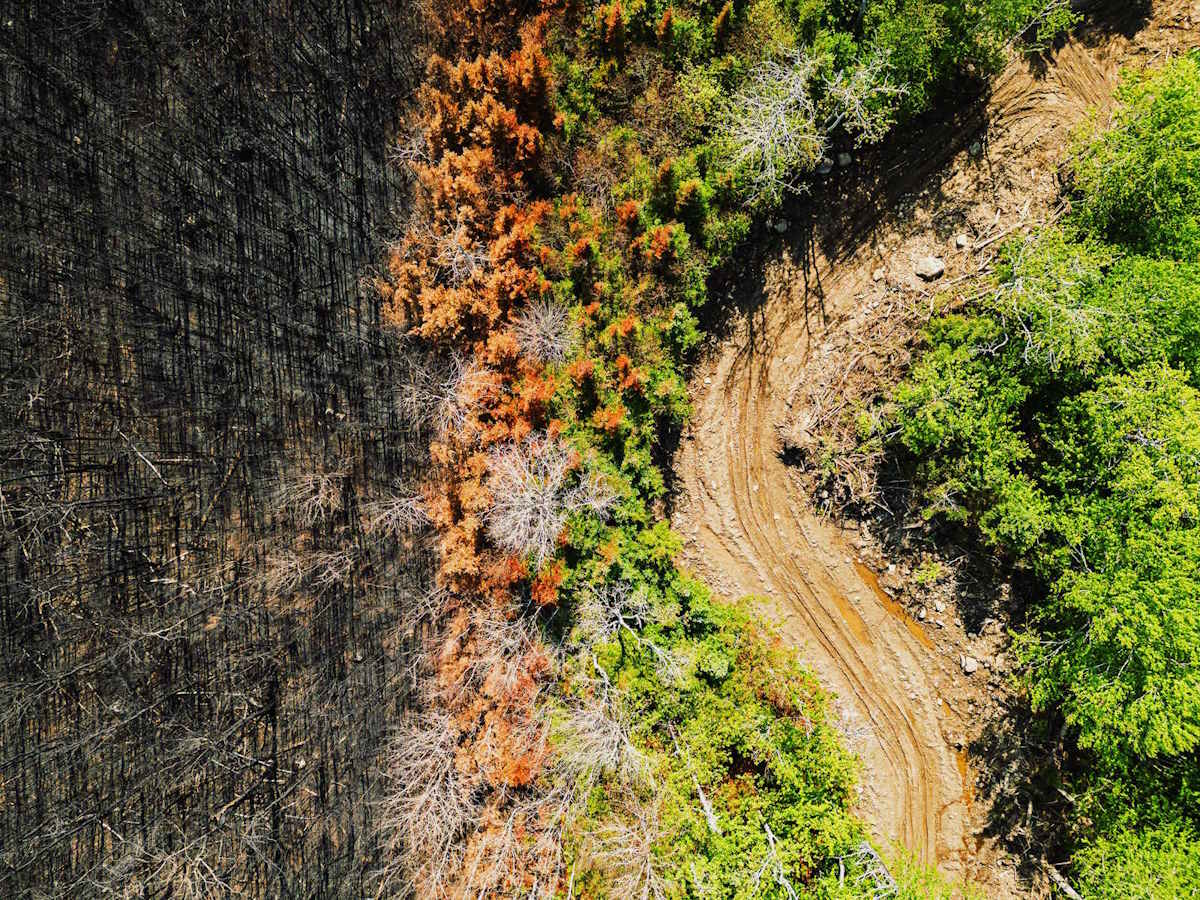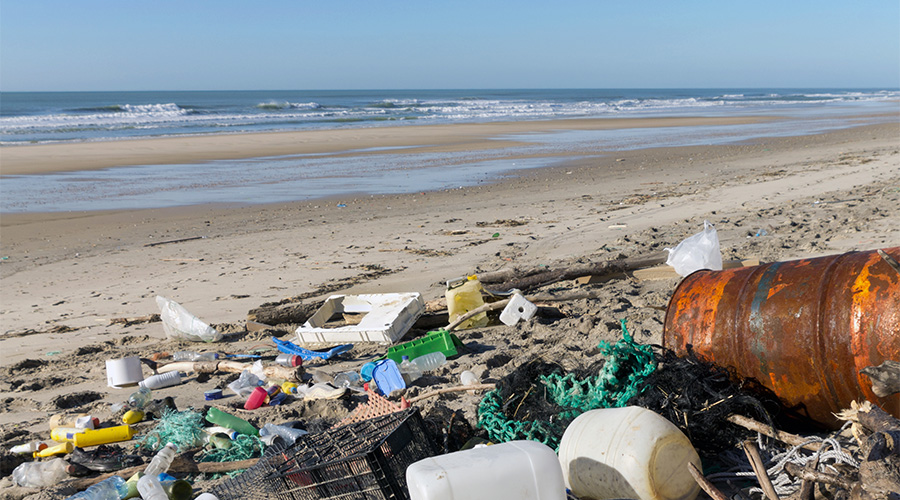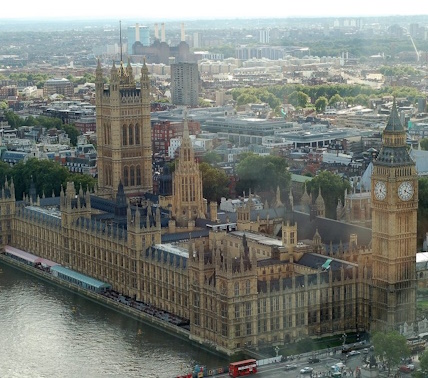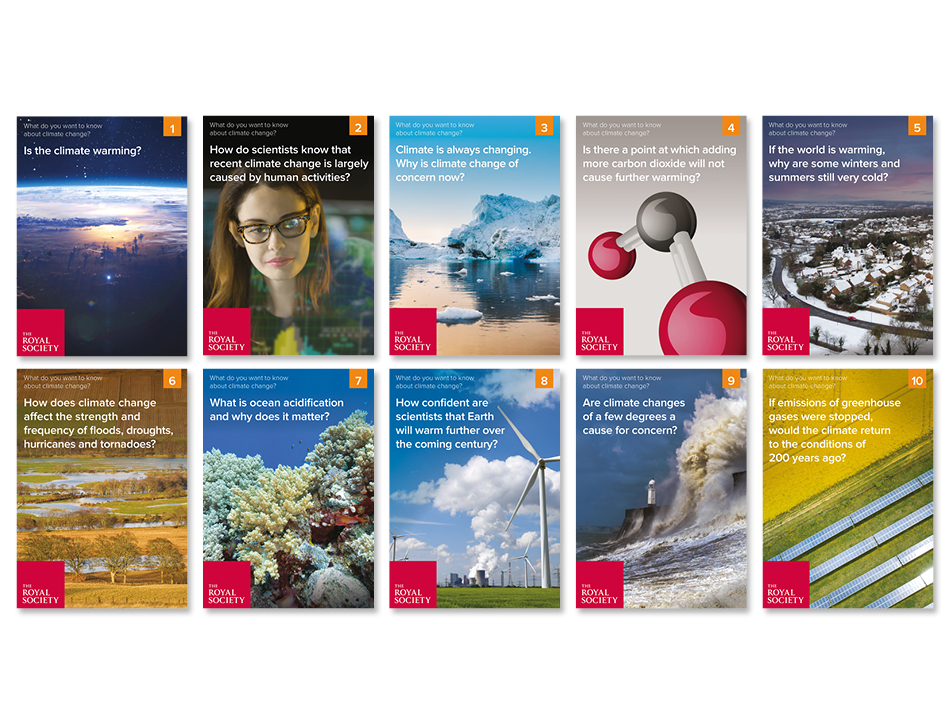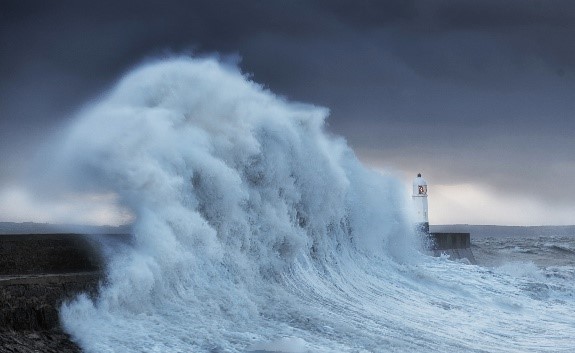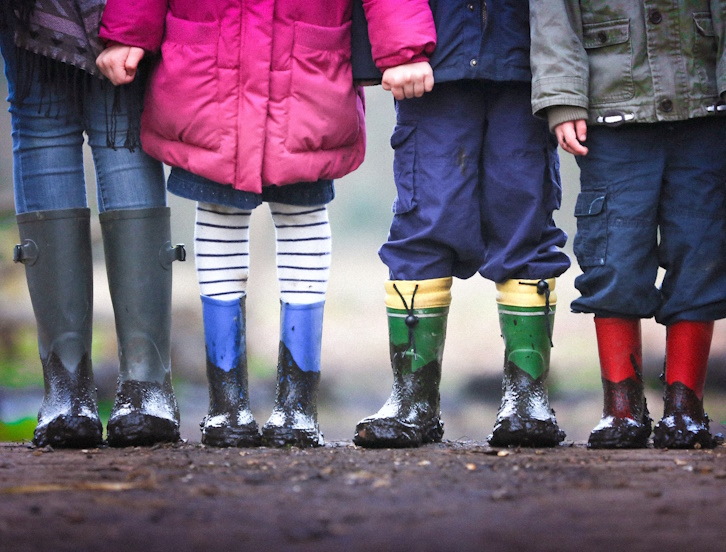The big questions around climate change and biodiversity
Human activity is changing the climate of our planet and destroying its biodiversity at an unprecedented rate. Over the past two centuries, greenhouse gas emissions caused by the burning of fossil fuels and other human activities have altered the composition of the atmosphere. This in turn is causing more heat to be retained and driving up global temperatures.
Climate change is increasing the risk of extreme weather and rising sea levels, harming our ability to grow food and making it harder for biodiversity to thrive; potentially impoverishing our planet in ways that will hamper the benefits we can derive from it.
Our species has reached a crossroads. We must use the knowledge we gain about our planet and its climate to find solutions that will help decarbonise economies and change the way we use the land. The health of our planet, and so also our own survival, depends upon it.

